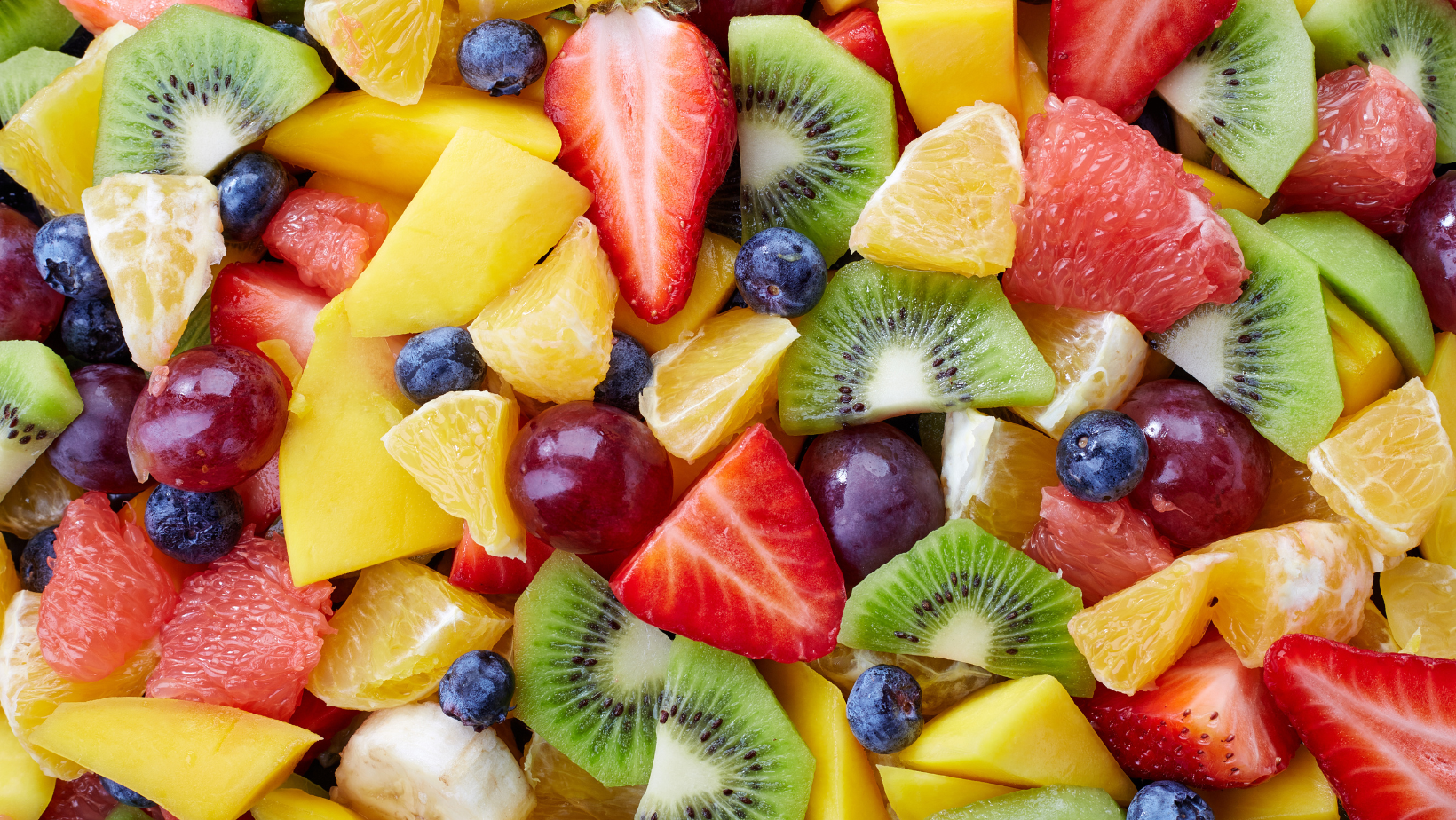Supplements 101: Carbohydrates
No, this title is not a typo. Carbs are an essential part of our everyday diet. However, they are an extremely effective supplement, and can definitively boost your performance in training and competition. Today, we’ll touch on what carbs do in general, why they can be considered a supplement and how to use them in a supplemental fashion.
Carb Overview
Let’s get back to the basics. A carbohydrate is a macronutrient that provides calories (aka energy). This macro is our bodies’ preferred source of energy. We use it in our muscles in the form of glucose. We can also store it in our body in the form of glycogen. There are some carbs that can be broken down and used very quickly. Those include fruit, refined bread and pasta, rice, potatoes, pretzels, and several others. These are called high glycemic carbohydrates. The alternative to those are low glycemic carbs which include things like non-starchy vegetables and legumes. These carb sources digest slower in our body and provide energy for a longer, sustained period of time.
How is a Carb a Supplement?
Most of you can probably remember times during your workouts when you hit “the wall”. That moment when you touch the wall to finish your 5th one hundred in the middle of your 100-yard repeats in the pool. Or that time when you make it through round 4 of a 6-round HIIT workout. Your legs start to shake and you want to push harder but your body is fighting you with everything it has. This moment is where supplemental carbs can be your best friend.
See, if our body has carbs in stock (in your blood or muscle) it will use those to fuel high-intensity workouts. When you hit that wall, your carb stores are likely running low and your body is responding accordingly. But you need to keep going. So what do you do…?
Give your body what it needs. Consume some carbs in the middle of your training session. This is known as intra-workout fueling.
Focus on High Glycemic Carbs During Your Workout
When you have intra-workout carbs, focus on high glycemic sources that will hit your bloodstream quickly and provide a burst of energy within minutes. The list we mentioned above has some great high glycemic options but another thing you have to consider when using carbs in a supplemental fashion is how the food is going to digest during your workout.
During exercise, most of our body’s energy and blood flow should be directed towards the muscles we are training. We don’t want to redirect that energy and blood to our digestive system because we ate a little too heavy during the workout. We also don’t want to feel like we have a brick in our stomach in the gym either. With this in mind, focus on the high glycemic carbs that are easy to digest. Bananas and watermelon are two great examples of effective intra-workout carb sources. They are easy to eat and digest. Plus, they have a very high sugar content that will help provide you with energy in an instant.
Sports drinks and carb gels are also great intra-workout carb options. Products like this are typically easier for people to consume during a workout than whole foods. The convenience plus high sugar content makes them a great supplemental carb option. That said, it is important to ensure that the sugar content of your drink is not too high. Excessive sugar could cause stomach issues during your workout as well. Safe sugar content is approximately 15 grams of sugar for every 8 ounces of fluid. Be sure to read your food labels and set yourself up for success in this area.
How Much?
When considering how many grams of carbs you should have during your workout, you must consider 3 factors: time duration, volume, and intensity.
Time Duration
If your workout is 45 minutes or less, you likely don’t need any supplemental carbs. Once you extend your training session into the 60-plus minute timeframe, it could be beneficial to add intra-workout carbs into your diet.
Volume
Someone who is training hypertrophy and incorporates 8-10 sets of 8-10 reps will likely benefit more from intra-workout carbs than someone who is focused on raw strength and stays within the 3-5 rep range for 5 sets of squat and overhead press.
Intensity
If you’re hitting an intense interval running session with a combination of 400, 800, and 1200m efforts, I’d more strongly recommend that you pack some intra-workout carbs for your session. If you’re going out for a long run which will include several rounds of walking, you’ll likely be fine without any intra-workout fuel.
If you recognize that you’re going to have a 60-plus minute training session that is either intense, high volume, or both, then you should aim to consume 30-60 grams of carbs which can come in the form of 1 banana and one 8-ounce sports drink.
Overall, carbs are one of the most powerful and versatile nutrients out there. We can alter the timing and quantity in which we consume them to get different results from them. When you know you’re headed into a long, intense workout, pack high glycemic, easily digestible carb sources in your bag. Use them to help you bust through that wall you may hit midway through.
Next week, we’ll hit on our fifth and final supplement in this series. Here’s a hint… it’s the most commonly consumed supplement in the world.
Perseguir la mejoria!
Craig

